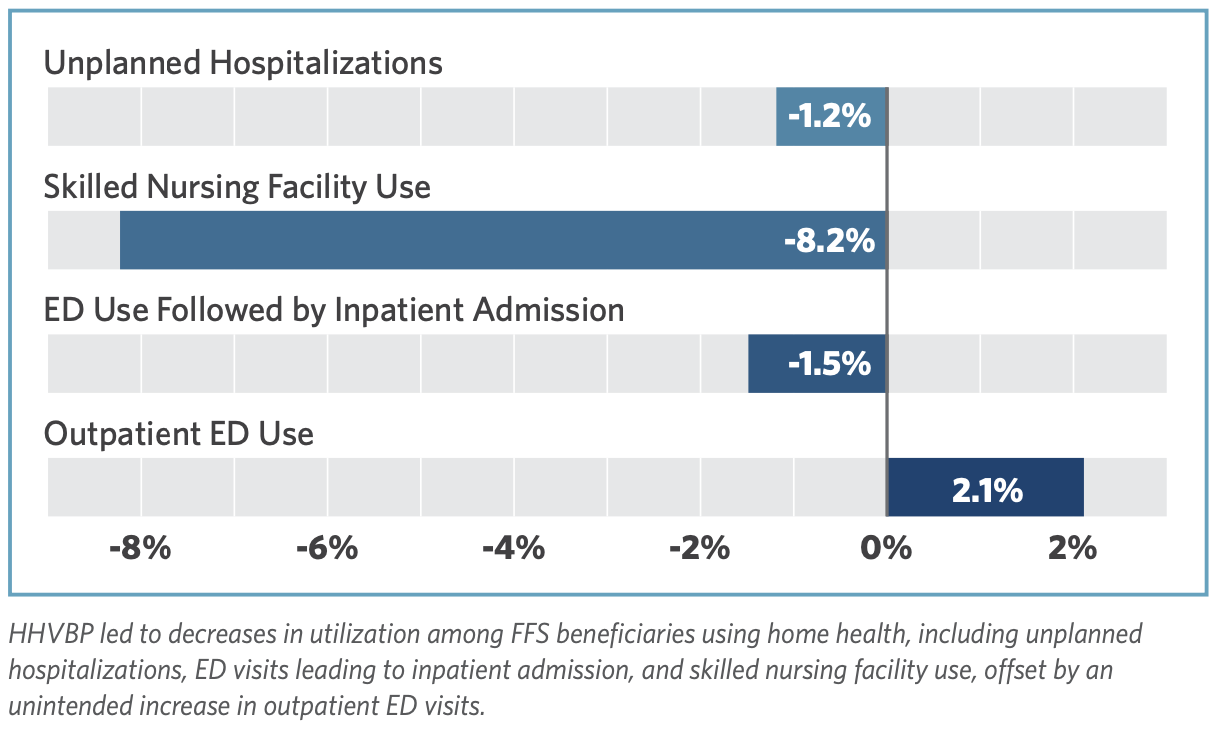Lower Healthcare Costs to the Patient, the Taxpayer, & America’s Healthcare System
It is crystal clear that the use of home healthcare saves millions of dollars annually. From independent third parties to governmental entities, study after study repeatedly confirm that home health is the most cost-effective site of care for patients.
It makes sense. Care delivered by trained clinicians in the home setting costs less, improves health outcomes, and has the added benefit of keeping patients with significant health challenges out of emergency rooms, hospitals, nursing homes, and physician offices. Cost-savings data show that the use of home healthcare reduces overall Medicare spending compared to other institutional settings like nursing homes. For a majority of patients (91%), care in the home is preferred and involves minimal cost sharing compared to other settings.
Here’s How Home Healthcare Reduces Medicare Costs
Many Medicare beneficiaries can receive care in the home after a hospital stay instead of a short-term nursing home stay. Consider the costs of a 30-day period of home healthcare compared to a 30-day stay in a nursing home:
$16,500
Medicare Skilled Nursing Facility (SNF) payment for 30 days in 2020 after accounting for beneficiary copays
(DOBSON | DAVANZO)
Medicare’s Home Health Value-Based Purchasing (HHVBP) Model has resulted in substantial savings and positive patient outcomes:
- $1.38 billion in cumulative Medicare savings over six years in just 9 states
- Lower utilization of other care settings, such as unplanned hospitalizations and nursing facility use
- Functional status improvements in patient mobility and self-care

Government Reports, Medical Journals, and Academic Studies All Highlight Home Healthcare Cost Savings
Patients treated in a home-based setting were significantly less likely to be admitted or readmitted to the hospital and had fewer emergency room visits than those immediately admitted to the hospital. Not only is home healthcare more effective at improving patient outcomes, but it is also a cost-effective alternative to hospitalization, saving both Medicare and taxpayers money. In computing total 90-day costs, the researchers found the average costs for the home healthcare group were significantly lower than the inpatient cohort ($13,012 vs. $20,325).
